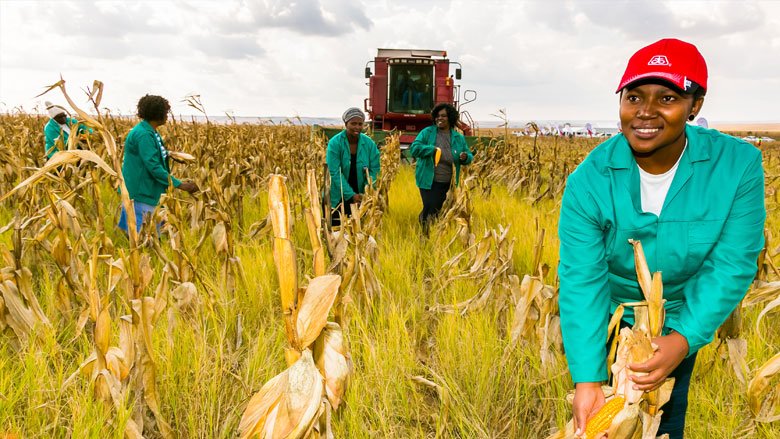The Africa Agricultural Policy Leadership Dialogue (AALPD) will focus on African agri-food policy actions considering the growing global economic integration of its agri-food systems. The two-day event will convene senior leaders from government, the development community, and the private sector to promote a dialogue on the agri-food policy agenda that aims to increase investment and technical assistance support for the Continent. Leaders will share relevant experiences and showcase innovative practices. Agriculture policy research institutions will share evidence on reform impacts, and agribusiness leaders will discuss reforms needed to increase private sector financing. The AAPLD will facilitate the discussion of policy reforms which would unlock investment financing opportunities for the transformation of African food systems through three strategic Pillars (Incentives, Innovation, and Investments) for improved food security, resilience, and jobs.
It will help foster agri-food-based economic growth and job creation while crisis-proofing national and regional food supply chains. It will inspire discussion on the next generation of African Union Commission and national sector policies for the post-2025 Comprehensive African Agricultural Development Programme (CAADP) agenda.













